
Napaid D 250mg/10mg Tablet
Manufacturer
Alathea Biotec Pvt Ltd
Salt Composition
Naproxen (250mg) + Domperidone (10mg)
Key Information
Short Description
Napaid D 250mg/10mg Tablet is a combination of two medicines used in the prevention of migraines. It blocks the release of certain chemical messengers that cause pain, inflammation, and fever.
Dosage Form
Tablet
Introduction
Napaid D 250mg/10mg Tablet may be prescribed alone or in combination with another medicine. It can be taken with or without food. The dose and duration will depend on the severity of your condition and how well it helps your symptoms. Use it regularly and do not discontinue using it until the doctor tells you it is alright to stop.
Directions for Use
Take this medicine in the dose and duration as advised by your doctor. Swallow it as a whole. Do not chew, crush or break it. Napaid D 250mg/10mg Tablet may be taken with or without food but it is better to take it at a fixed time.
How it works
Napaid D 250mg/10mg Tablet is a combination of two medicines: Naproxen and Domperidone. Naproxen is a non-steroidal anti-inflammatory drug (NSAID) which works by blocking the release of certain chemical messengers that cause pain due to migraine. Domperidone is a prokinetic which works on the region in the brain that controls vomiting associated with migraine. It also increases the movement of the stomach and intestines allowing food to move more easily through the stomach.
Quick Tips
You have been prescribed Napaid D 250mg/10mg Tablet for prevention of migraine headaches. Do not take it to treat an acute attack of migraine. Some tips that may help avoid a migraine attack: Have your meals at the same time everyday Avoid bright lights and extreme temperatures Avoid loud music and noisy places Avoid chocolates, cheese, processed food, alcohol and smoking Get enough sleep and avoid stress It may cause sleepiness. Do not drive or do anything that requires mental focus until you know how Napaid D 250mg/10mg Tablet affects you. Keep taking it every day as prescribed by your doctor even if you do not have any symptoms.
Related Medicines
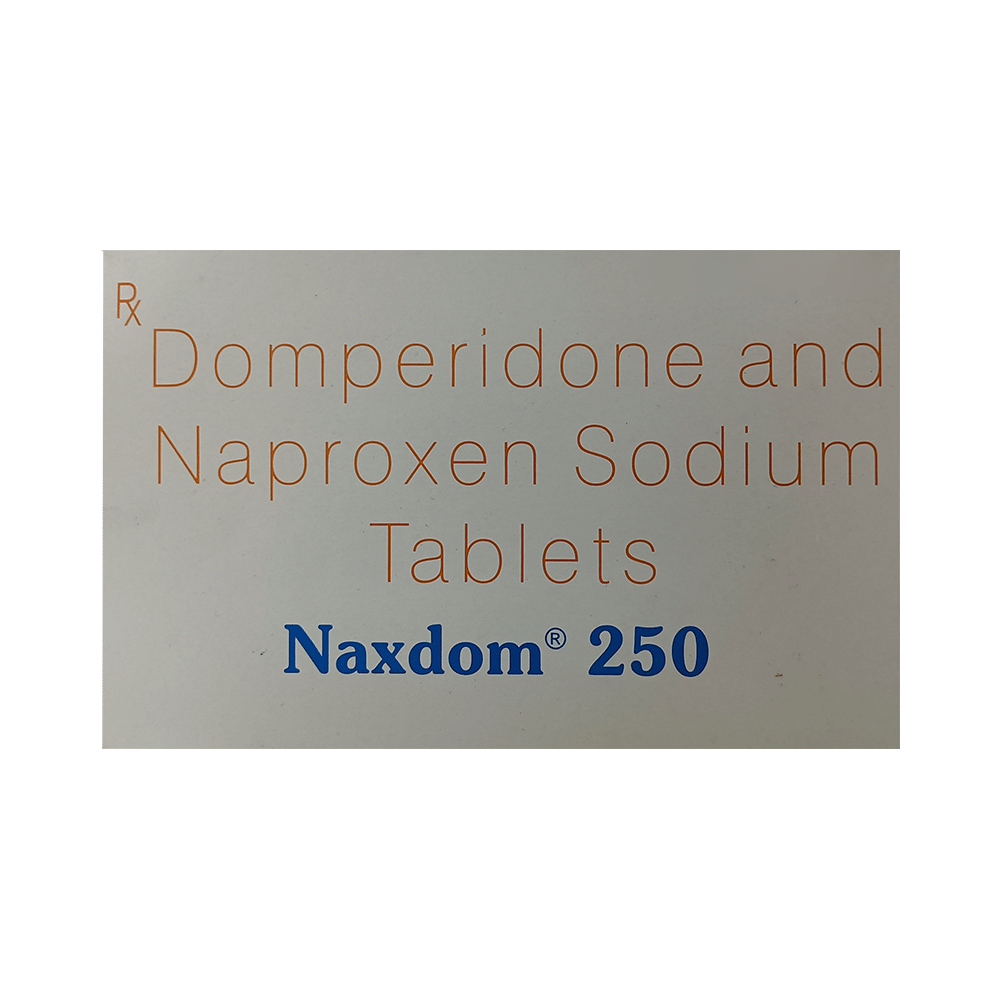
Naxdom 250 Tablet
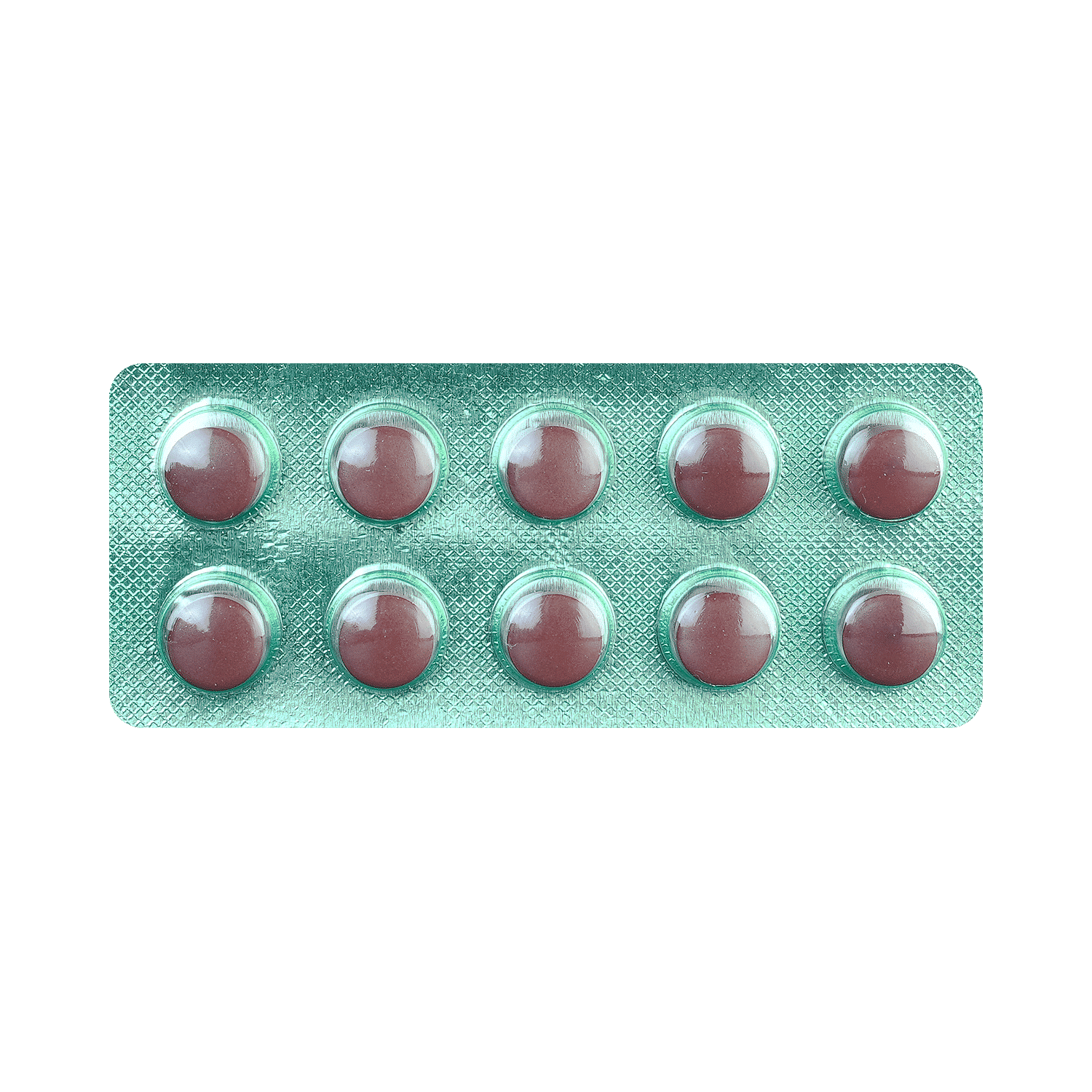
Pacinac NP 250mg/10mg Tablet
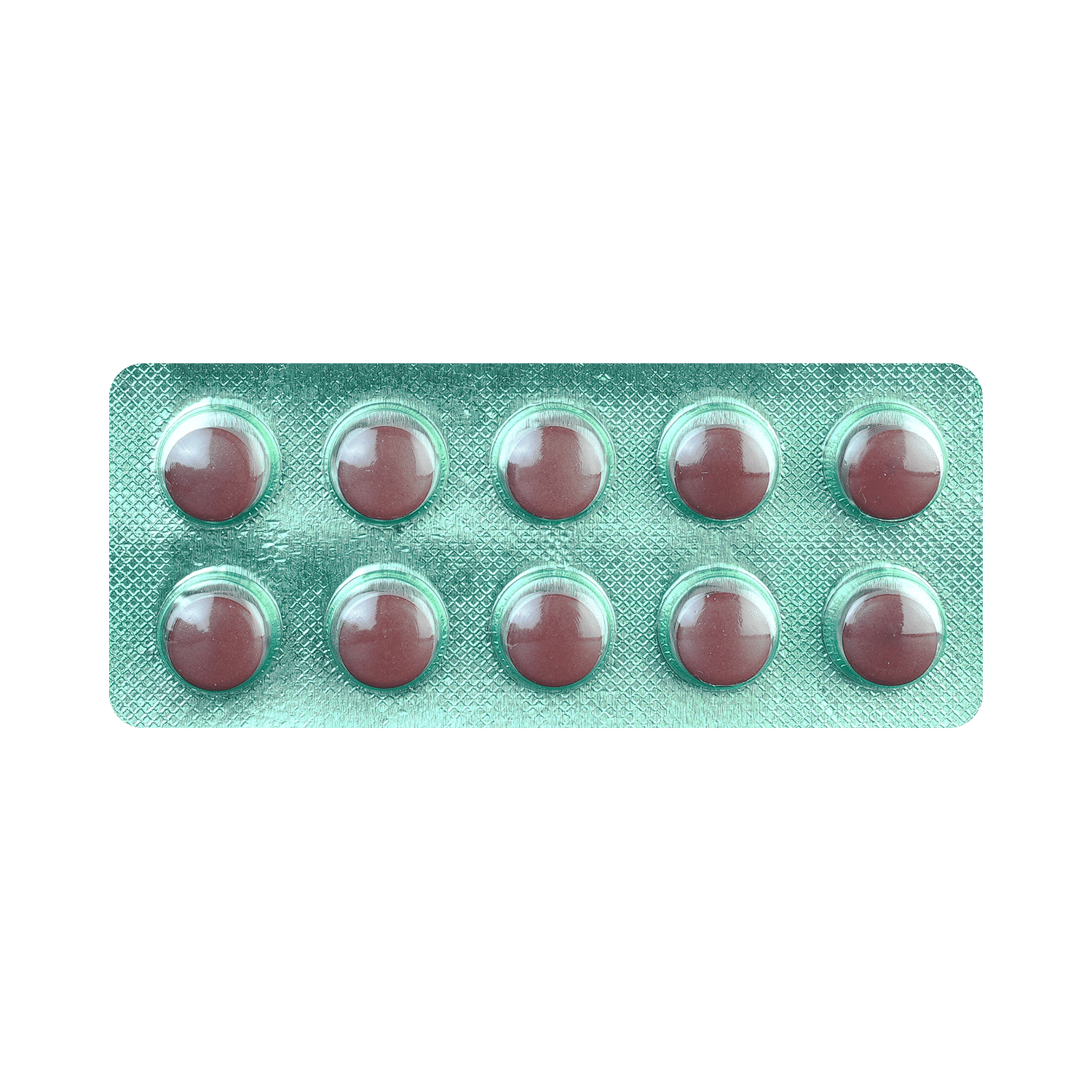
Napra D 250 Tablet

Napromit D 250mg/10mg Tablet
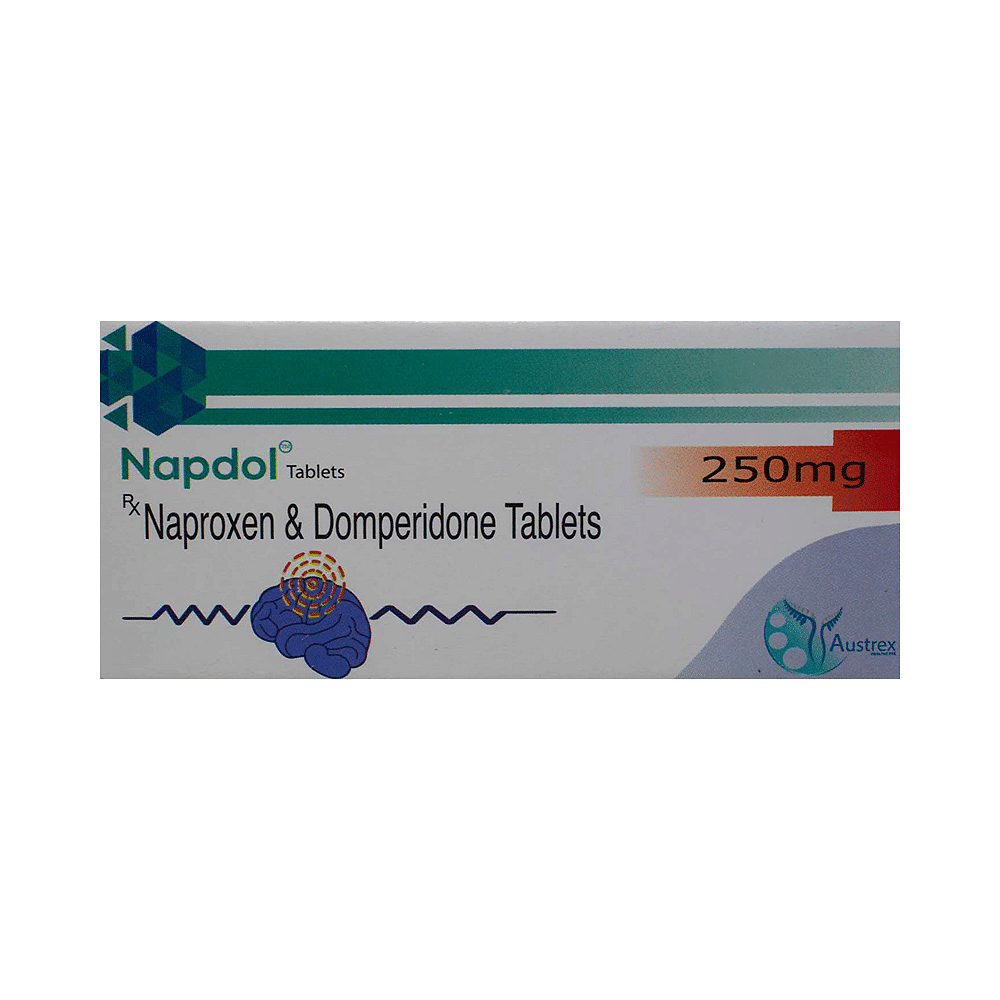
Napdol 250mg Tablet
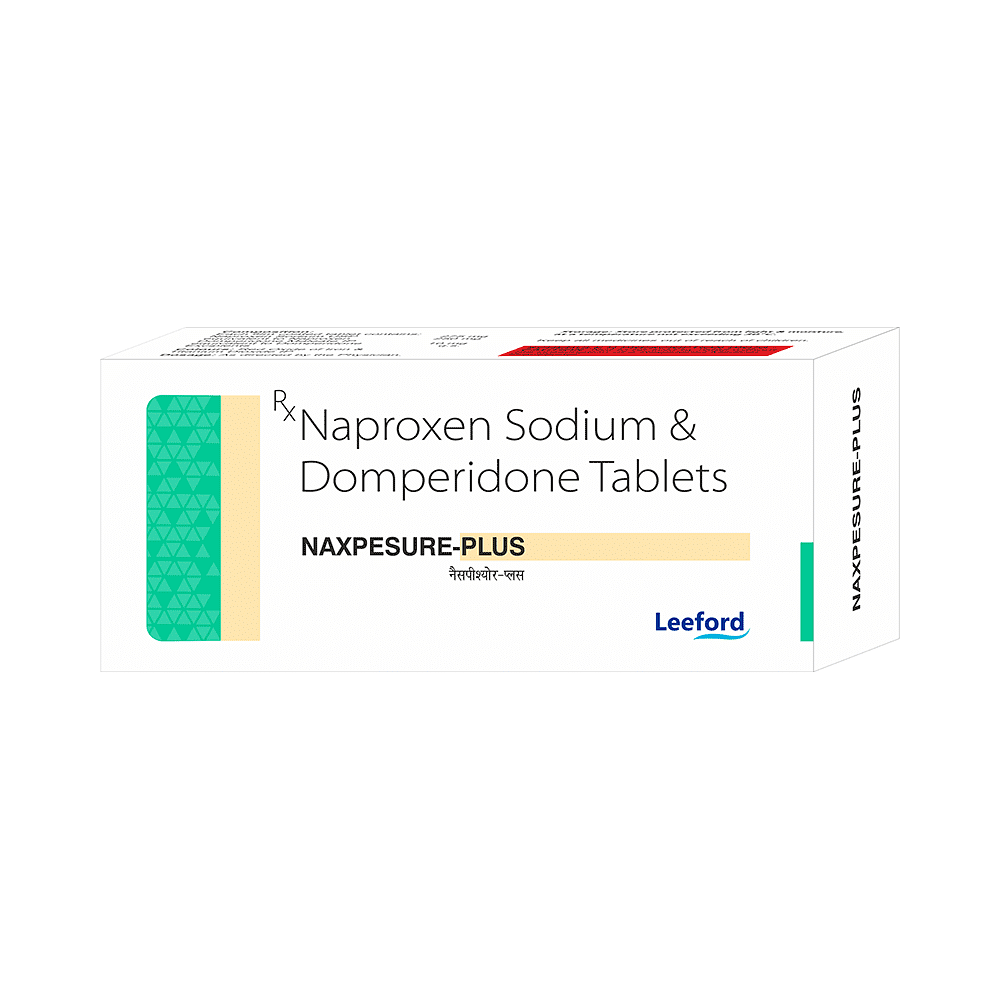
Naxpesure-Plus Tablet
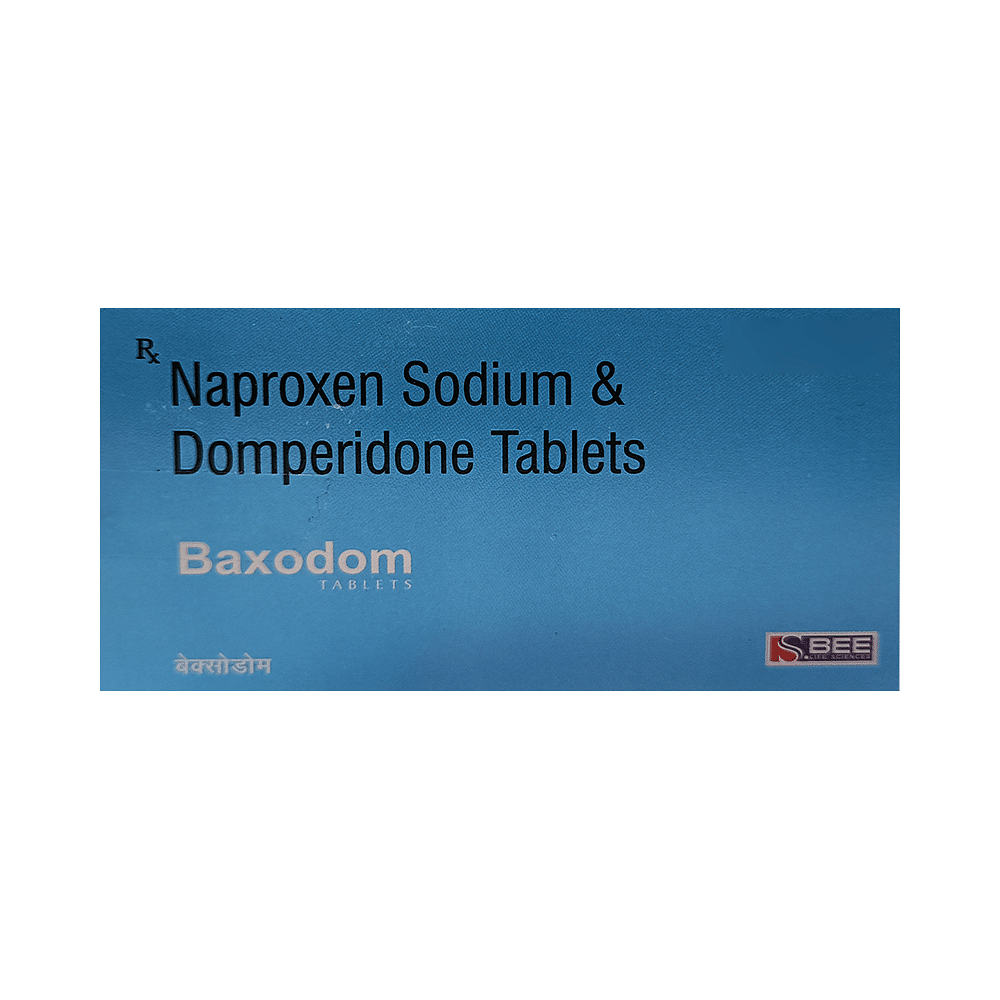
Baxodom Tablet
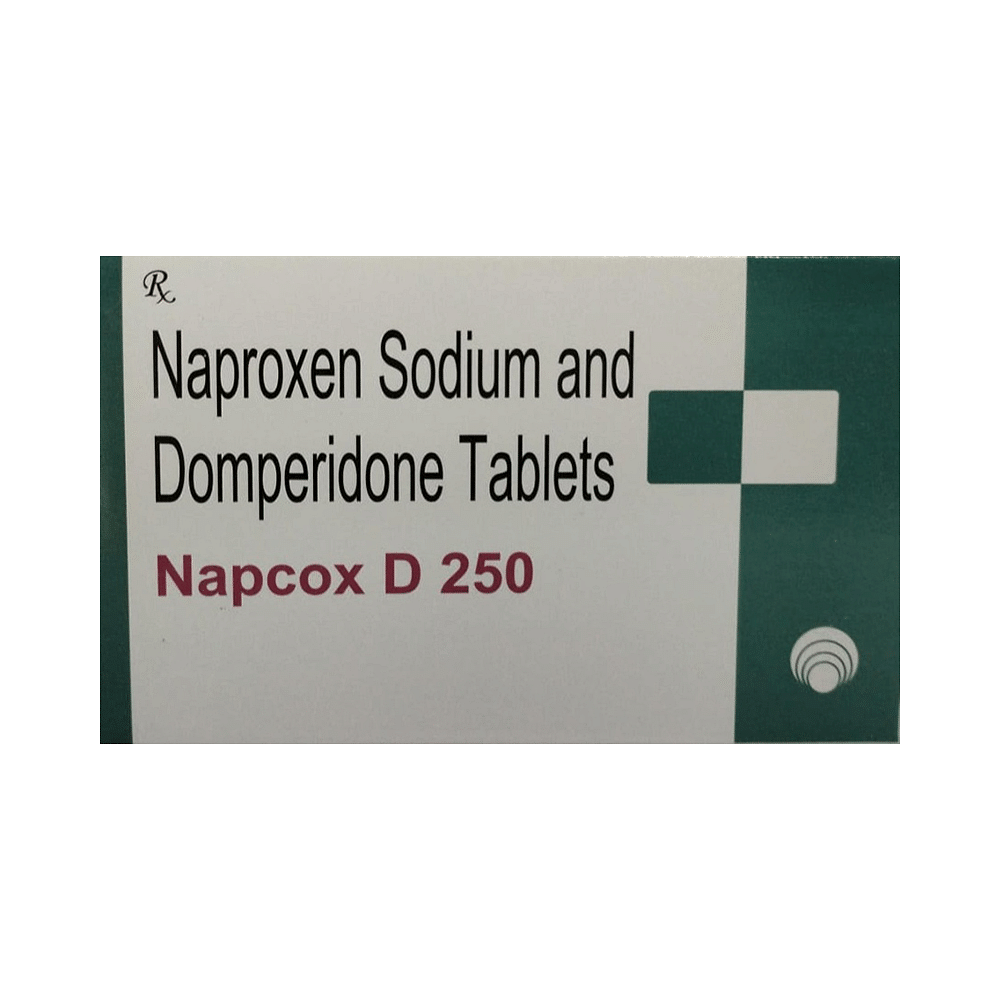
Napcox D 250 Tablet
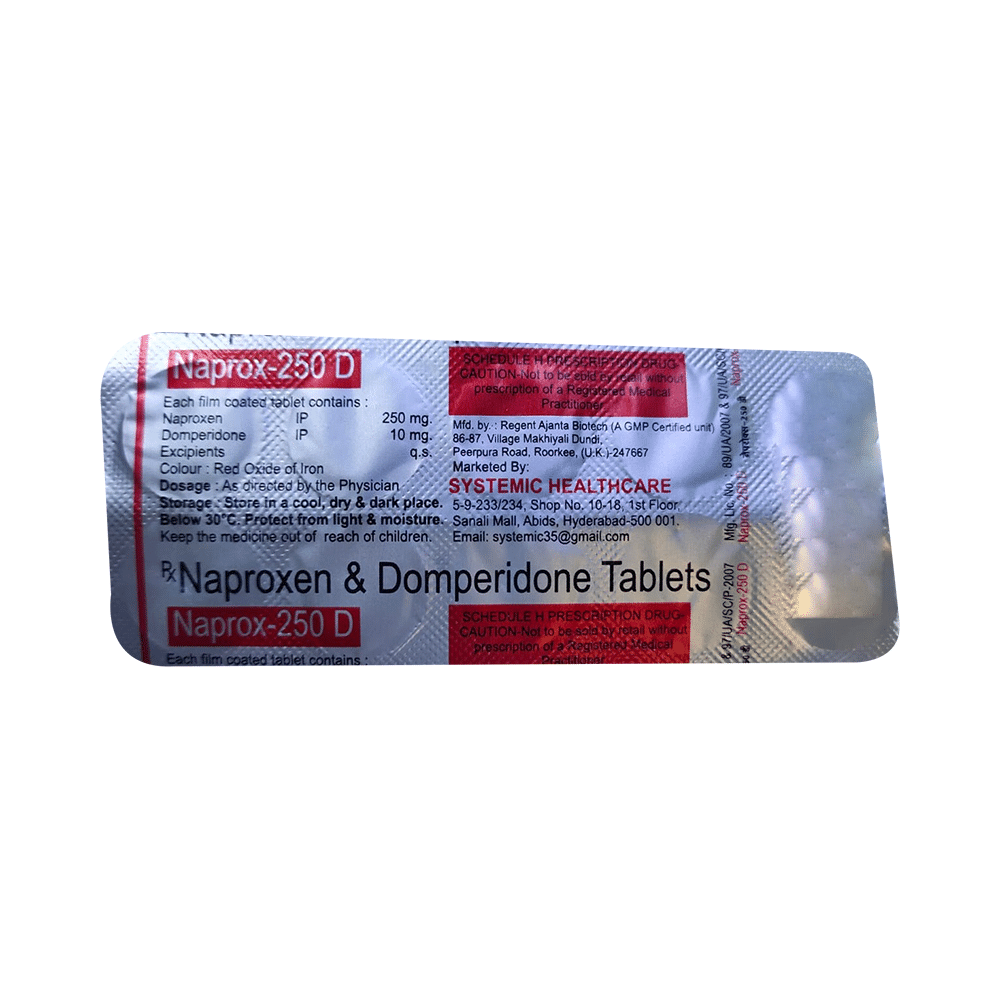
Naprox 250 D Tablet

Napnet D 250mg/10mg Tablet
Frequently asked questions
What is Napaid D 250mg/10mg Tablet?
Napaid D 250mg/10mg Tablet is a combination medication that contains Naproxen and Domperidone. It is used to relieve symptoms of migraine, including headache, nausea, and vomiting. Naproxen is a pain reliever that blocks the release of certain chemical messengers that cause headache, while Domperidone is an anti-emetic agent that increases the movement of the stomach and intestines to help relieve vomiting.
Can I stop taking Napaid D 250mg/10mg Tablet when my migraine symptoms are relieved?
No, it is not recommended to stop taking Napaid D 250mg/10mg Tablet without consulting your doctor. It is important to follow the dosage instructions and complete the full course of treatment as advised by your doctor.
Can the use of Napaid D 250mg/10mg Tablet cause diarrhea?
Yes, Napaid D 250mg/10mg Tablet can cause diarrhea as a side effect. If you experience diarrhea while taking this medication, it is important to drink plenty of fluids and consult your doctor if the diarrhea persists or is accompanied by signs of dehydration, such as decreased urine output, dark-colored urine, or strong-smelling urine. Do not take any other medication without consulting your doctor.
Are there any specific contraindications associated with the use of Napaid D 250mg/10mg Tablet?
Yes, Napaid D 250mg/10mg Tablet is contraindicated in patients with a known allergy to any of its components or excipients, or in patients with a known allergy to other painkillers (NSAIDs). It should also be avoided in patients with a history of stomach ulcers, active or recurrent stomach ulcer/bleeding, heart failure, high blood pressure, liver disease, or kidney disease.
Can the use of Napaid D 250mg/10mg Tablet cause damage to kidneys?
Yes, the long-term use of Napaid D 250mg/10mg Tablet can cause damage to the kidneys. This is because painkillers like Naproxen can lower the levels of prostaglandins in the body, which can lead to kidney damage. Patients with underlying kidney disease should use painkillers with caution and under close medical supervision.
Can I take a higher than the recommended dose of Napaid D 250mg/10mg Tablet?
No, taking a higher dose of Napaid D 250mg/10mg Tablet than recommended can increase the risk of side effects. If you are experiencing increased severity of migraine attacks that are not relieved by the recommended doses, consult your doctor for re-evaluation and guidance on alternative treatment options.
What are the recommended storage conditions for Napaid D 250mg/10mg Tablet?
Napaid D 250mg/10mg Tablet should be stored in its original container, tightly closed, and in accordance with the storage instructions provided on the packaging or label. Dispose of any unused medication and ensure it is not consumed by pets, children, or other individuals.


